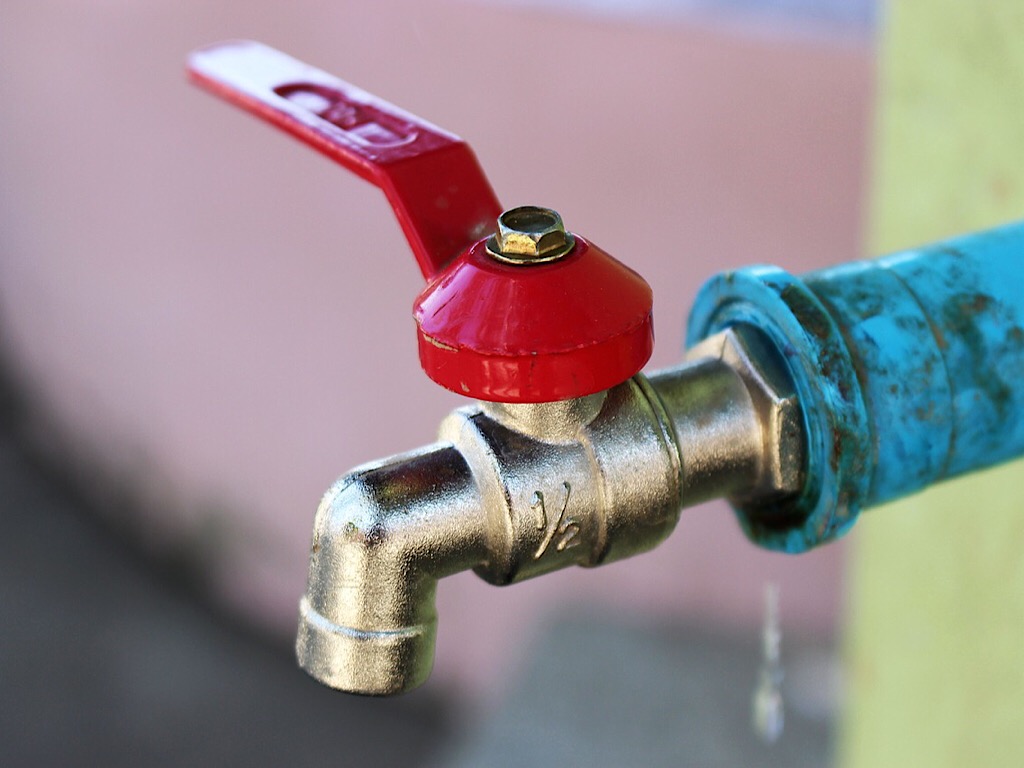2 Mins Read
A quarter of the planet’s population across 17 different countries are now suffering from extremely high water stress, reveals a new report at the World Resources Institute (WRI). Some of the countries with the worst shortages include Qatar, Israel and Lebanon. Out of the 17 countries listed, 3 are located in Asia – India, Pakistan and Turkmenistan.
Water stress refers to the level of competition over water resources, and the current scramble for water in some regions has already raised tensions and been linked to conflicts. Experts at the WRI have warned that increasing water stress will lead to more “day zeroes” in the future, referring to the term that came into usage in 2018 when Cape Town almost ran out of water. The South African capital saw residents line up for water rations daily at freshwater checkpoints that required 24-hour policing to break up scuffles erupting in queues.
In the new report on the global water crisis, Qatar, Israel and Lebanon are listed among the most water-stressed countries in the world, followed by regional pockets in Afghanistan and Botswana. Among the total of 17 countries facing extremely high water stress, human activities in agriculture, industry and municipalities were using up 80% of the available land surface and groundwater.
One of the striking findings was the severity of water stress in India. The country of more than 1.3 billion people ranked 13th in the report. Just last month, lakes in the city of Chennai went dry along with its water supply. According to the former secretary of the Indian Ministry of Water Resources, various other areas in the country aside from Chennai are also experiencing chronic water stress.
“We’re currently facing a global water crisis. Our populations and economies are growing and demanding more water. But our supply is threatened by climate change, water waste and pollution,” said Betsy Otto, the global director for water at the WRI.
Stress on water resources can have dire consequences, from exacerbating existing conflict to inducing migration and threatening food production and water-dependent industries. Numerous studies conducted by political scientists focused on conflict dynamics have demonstrated links between climate change induced events that have caused water shortages, food insecurity and migration, to heightened risk of domestic tensions. In particular, some analyses have pointed to the correlation between the worst drought in Syrian history to country’s ongoing civil war.
What this new research shows is that we can no longer afford to do nothing about climate change. It has brought about increasingly extreme weather patterns from droughts to heatwaves, and is getting worse by the minute if we do nothing. There is a global water crisis. The time is now to take action to save the planet.
Lead image courtesy of Pixabay.




